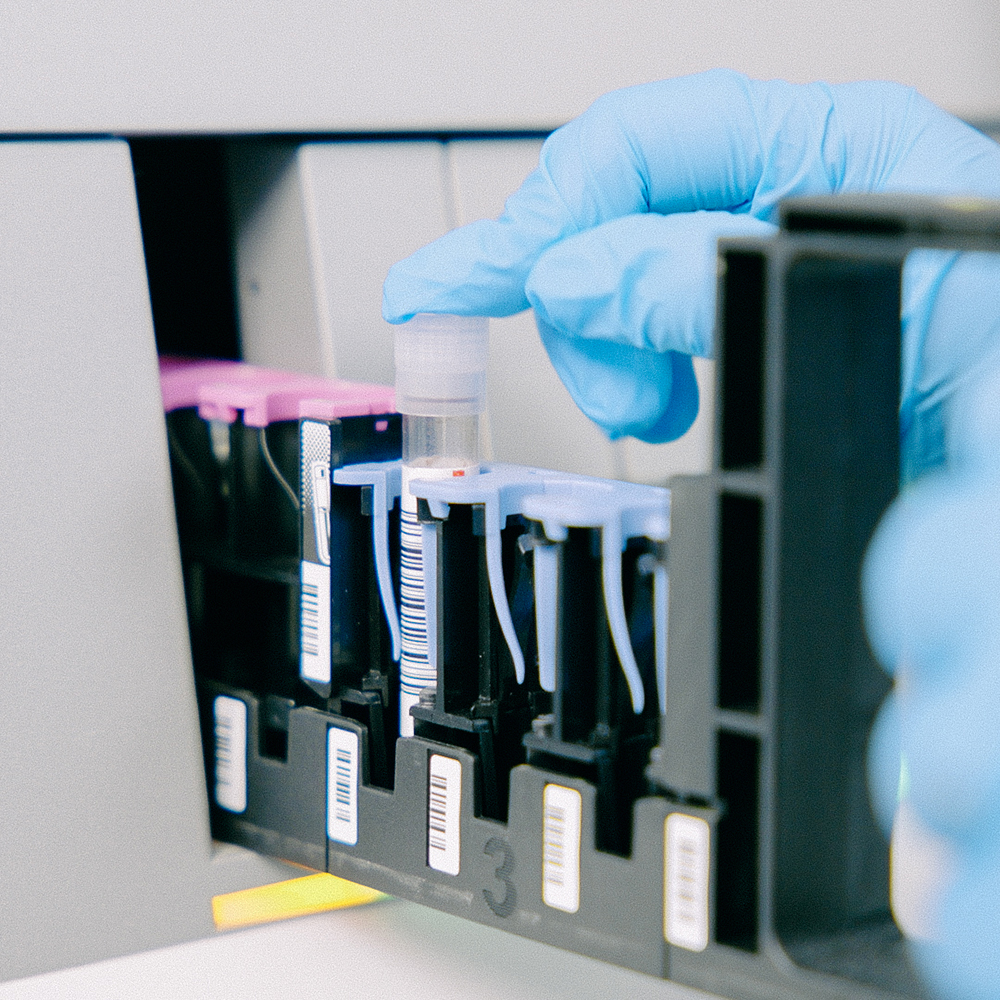Many physical features that are prominent for men, such as muscle mass and facial hair, are controlled by hormones, however, they also have a major role in regulating mood and libido, this page will explore why hormones are important in men’s health.

Types of hormones
While there are over fifty hormones in the body, some of the most essential for male health include testosterone, dehydroepiandrosterone (DHEA), dihydrotestosterone (DHT), androstenedione, oestrogen, follicle-stimulating hormone (FSH), luteinizing hormone (LH), sex hormone-binding-globulin (SHBG), prolactin, and cortisol.
Hormone effects
These hormones play a role in the development of male characteristics such as a deeper voice and facial hair, maintain bone and muscle mass, regulate body composition, control sex drive, and sperm production, among others.
Mental health
Low or high levels of hormones can impact both physical and mental health and cause symptoms such as low mood or energy levels, reduced libido, or erectile dysfunction. Testing hormone levels can help identify imbalances and inform appropriate treatment.How lifestyle affects hormones
Your lifestyle can have an impact on how your hormones work and are balanced, if you are constantly stressed it can lead to cortisol being overproduced, leading to hormone production being disrupted, leading to an imbalance, this is similarly seen with a lack of sleep.
Other aspects of life, such as excessive alcohol consumption, can lead to decreased testosterone levels, and even the environment you are in regularly can have an impact, as common exposure to toxins like pesticides, pollutants, and plastics can disrupt hormone production.
What are the risks of hormonal imbalance?
When hormones become imbalanced, due to aging, environmental factors, stress, and other medical conditions, it may result in other health issues developing, which can include anything from cardiovascular disease, infertility, muscle loss, low libido, mood swings, erectile dysfunction, fatigue, depression, osteoporosis, to diabetes.
How to maintain healthy hormone levels
Maintaining healthy hormone levels requires a certain amount of effort to keep many aspects of your lifestyle balanced and in check, a few ways of helping this can include:
- Regular exercise, and in particular strength training, can give a good boost to your testosterone levels, which will increase bone density, and overall improvement of your health.
- Getting enough sleep is arguably one of the most important ways to maintain a healthy mind and body, alongside a balanced level of hormones.
- Managing stress will help lower cortisol levels, try to practice stress reducing activities such as meditation, yoga, deep breathing exercises, or any other activity you enjoy.
- Following a healthy and balanced diet, that includes protein, healthy fats, and complex carbohydrates will support the production of hormones in the body, and overall health too.
- Hormone Replacement Therapy can be used if it is needed, as low hormone levels can be treated from HRT, the most common being testosterone replacement therapy.
Role of Testosterone
Testosterone, as the main male sex hormone, plays a crucial role in the development of male sexual characteristics, including muscle mass, body hair, and a deep voice. It also regulates several bodily functions, including bone density, red blood cell production, and sexual function.
Because of its importance in men, testosterone levels can lead to several health problems, including decreased muscle mass, low sex drive, and erectile dysfunction. To aid in preventing low testosterone levels, getting regular exercise, sufficient sleep, and adherence to a balance diet can maintain health testosterone levels.
- Responsible for: puberty changes, bone and muscle mass, body composition, libido, sperm production, and red blood cell production
- Low levels can cause: low mood/energy, reduced libido, and erectile dysfunction
- Raised levels (from anabolic steroid use) can have negative impacts on health
- Check testosterone levels with blood tests
- Dehydroepiandrosterone (DHEA):
- Produced mainly by the adrenal glands
- A precursor hormone that is converted into other hormones (such as testosterone and oestradiol)
- Can be converted into DHEA-S
- Raised levels of DHEA-S can indicate Cushing’s disease, DHEA supplement use, or a rare adrenal tumor
- Low levels of DHEA-S may indicate adrenal dysfunction and contribute to low libido and fertility problems
Estrogen and Progesterone in Men’s Health
Even though Estrogen and Progesterone are commonly associated with female hormone health, they also play an important role in the overall health of men. This is because estrogen control bone density, sexual function, and fat distribution, whereas, progesterone is needed for the production of sperm, and keeping the prostate healthy.
Testing
To understand hormone health in men, testing can help identify imbalances and guide how treatment is administered.
There are several methods for testing hormone levels, saliva test are sometimes used to measure levels, however, blood tests are the most common method to test testosterone, estrogen, and cortisol, amongst other hormones.
Hormone levels can fluctuate throughout the day, and can be influenced by a variety of factors such as stress, exercise, and sleep, it is essential to talk to your doctor about getting tested so they can help interpret the results with you.
We offer a wide range of blood tests for men’s health including:
-
General well-being blood test
This wellbeing screen is a panel of multiple tests to give an indication of overall wellbeing. Monitoring can help indicate the body's response to changes such as the initiation of a new fitness regime or weight loss or gain plan.
View more details£90.00
View details -
Male hormone blood test
Male Hormone Blood Test checks for hormonal causes of low sex drive, muscle loss, fertility issues. Can track hormone levels & changes from diet, exercise. Tests for FSH, LH, Testosterone, Free Androgen Index, Prolactin, SHBG.
View more details£160.00
View details -
Testosterone blood test
Testosterone is important for reproductive, growth, and overall health in both sexes. It affects mood and prevents osteoporosis. Low testosterone in men can cause frailty, loss of libido, and bone loss. If you're on testosterone replacement therapy (TRT), this test can tell you whether your hormone levels are still within normal limits.
View more details£40.00
View details
